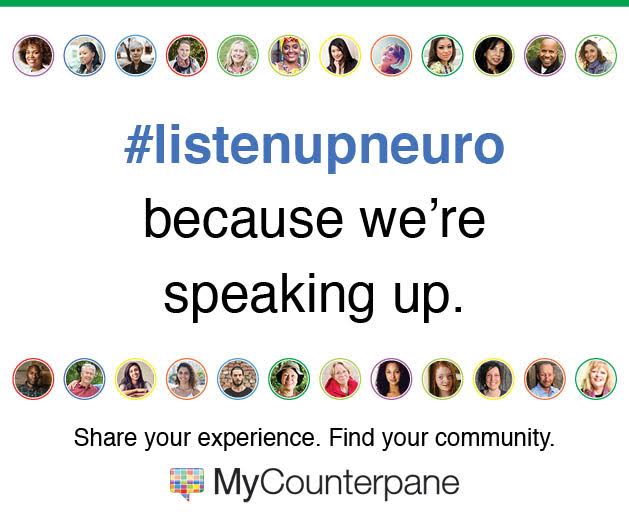The Hippocratic Oath states “I will remember that I do not treat a fever chart, a cancerous growth, but a sick human being”.
Does your doctor treat you like a human being?
Multiple sclerosis, commonly known as MS, has symptoms that are easily quantified as well as ones doctors cannot easily see. Unfortunately, the doctors who treat MS produce variable results and what happens within these interactions can have a major impact.
Liliane Haub, who was diagnosed with MS in 2000, experienced a positive interaction when she was first diagnosed.
“When my neurologist told me I had MS, I began to cry and she responded by asking “why are you crying? Knowledge is power – do what you need to do, for you. She framed my diagnosis as an opportunity, a springboard to possibility, and that set the entire course of how I perceive my illness in my life.”
On the other side of the spectrum is Kris Lee*, who moved to Houston from Philadelphia and was in need of a new neurologist. She was happily taking Tysabri and eager to continue her plan in Texas. But the first neurologist she visited had other ideas.
“The new doctor I visited tried to make me switch my medicine to Tecfidera, even though I was seeing success with Tysabri. When he took my medical history, he kept saying “I don’t believe it,” as if I were lying. The worst part is that he made me take an unnecessary test to prove I had MS. As if my MRI with 100 lesions was not enough. When I said no, they told me I don’t know what I’m talking about. I was informed, but I got victimized.”
Patients’ health can be tied to the empathy of their doctors; placebos can reduce symptoms and bedside manner can boost drug performance. Human communication is a chemical affair and the act of having a doctor who listens actively and empathetically to his or her patients sets off a chain reaction. Feeling confident in the care a doctor can provide patients with a real and chemical relief from symptoms.
MyCounterpane wants to showcase these interactions for others living with MS and also for the neurologists who treat MS to understand better how a patient or caregiver responds in these important and vulnerable moments.
“A surprising amount of people have moodified about a negative experience with their neurologist”, said Kate Milliken, founder of MyCounterpane. “We don’t want patients and caregivers feeling ashamed when it’s the doctors who are letting their patients — and their profession — down. Conversely, we have seen such gratitude from our users who have had a positive experience- those users give credit to those doctors for giving them perspective to see their MS as manageable”.
MyCounterpane is looking for people affected by MS and other chronic illnesses to speak up about these moments with their doctors- first the positive, then the not so positive.
“The fact is, the system is broken and doctors sometimes provide shoddy care,” continued Cori Carl, director of The Caregiver Space, a nonprofit serving caregivers. “We’re not here to target individual doctors, we’re here to change the system.”
The system that needs a bit of change.
And what happened to Kris Lee?
“I went back to his office once more. To get my records transferred to another office. He made me feel belittled, like I don’t know anything, and this is not the type of care I want or deserve. I’m happy I have since found a doctor who respects me.”
And Liliane Haub? She and has not let MS get in the way of her goals and is running her fifth marathon this November, days before turning 52.
You don’t need to either.
You can submit your experience by clicking here.
*Names have been changed to protect the innocent.



